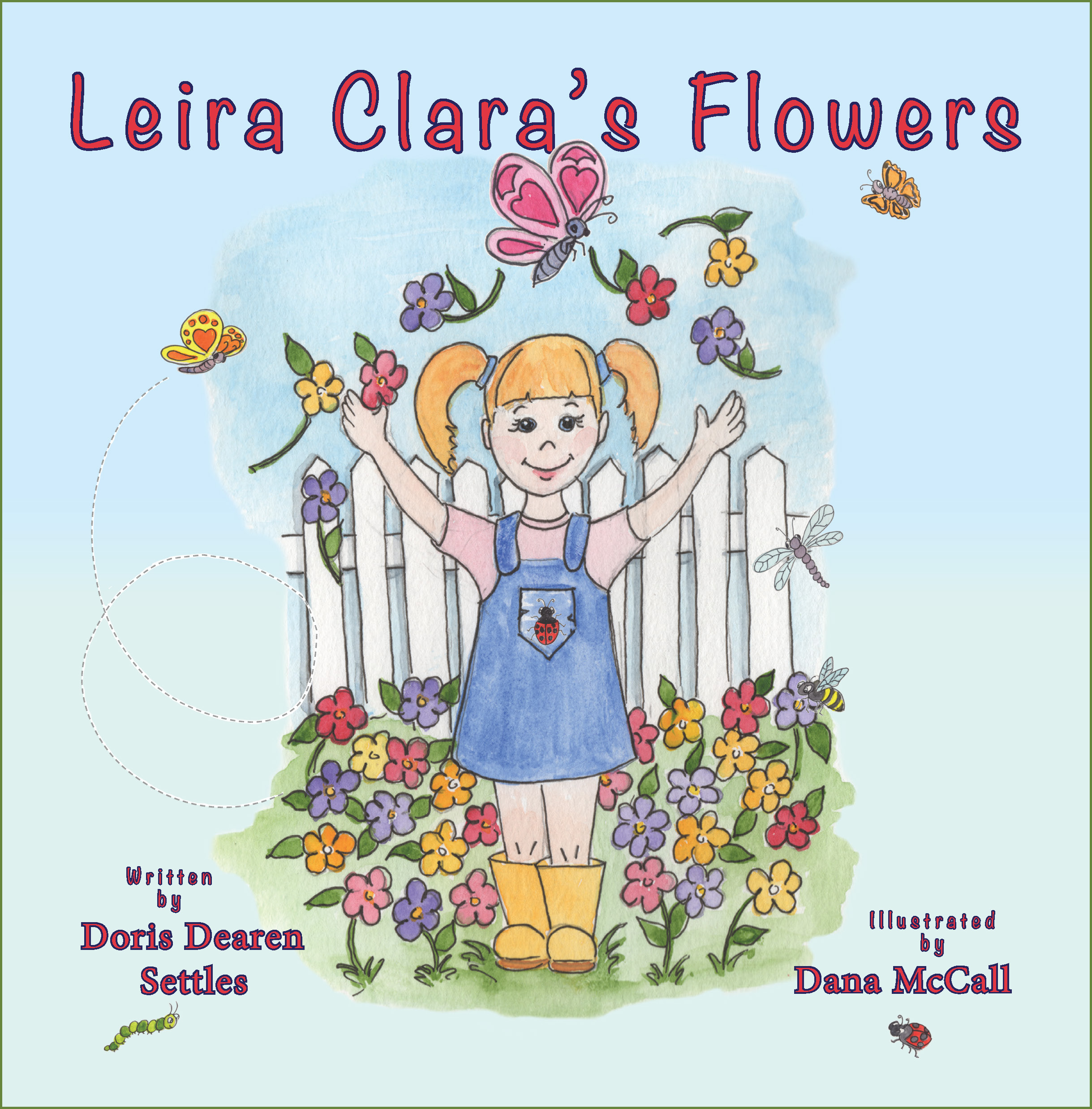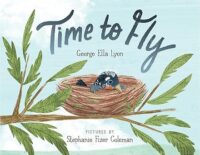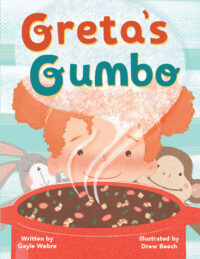In Leira Clara’s Flowers one little girl, Leira Clara, learns from her grandmother to love gardening and to share the happiness of gardening with others. Grandmother teaches Leira Clara that growing isn’t enough. “Flowers are to share,” Grandmother tells her. Leira Clara takes her advice to heart. When she returns to her flowerless yard at home, Leira Clara discovers that her parents do not garden because they believe they are too busy to grow and care for a garden. Leira Clara decides to take it upon herself to grow her own flowers and to share them with her neighbors and friends. One of her neighbors, Mr. Thorney, presents a challenge to her plan. Mr. Thorney lives alone and seems to fiercely dislike children. From his window he often yells at the neighborhood children and their dogs. Only grass and bushes grow behind his picket fence—no flowers. Undaunted, Leira Clara is determined to share her joy with Mr. Thorney. The book demonstrates the ability of a child to understand that loneliness can lead to unhappiness and grumpiness and that gardening and flower-sharing have the power to heal and to open one’s heart to kindness, sharing, and happiness.
Leira Clara’s Flowers is a lyrical narrative based on positive psychology and choice theory, essentially about making choices that cultivate kindness. The use of passing down a love of nature from generation to generation also embeds the idea that multi-age levels work well together. The book combines social-emotional learning skills with a love of nature. In today’s environmentally challenged and increasingly busy world, fewer and fewer children are spending time outdoors.







